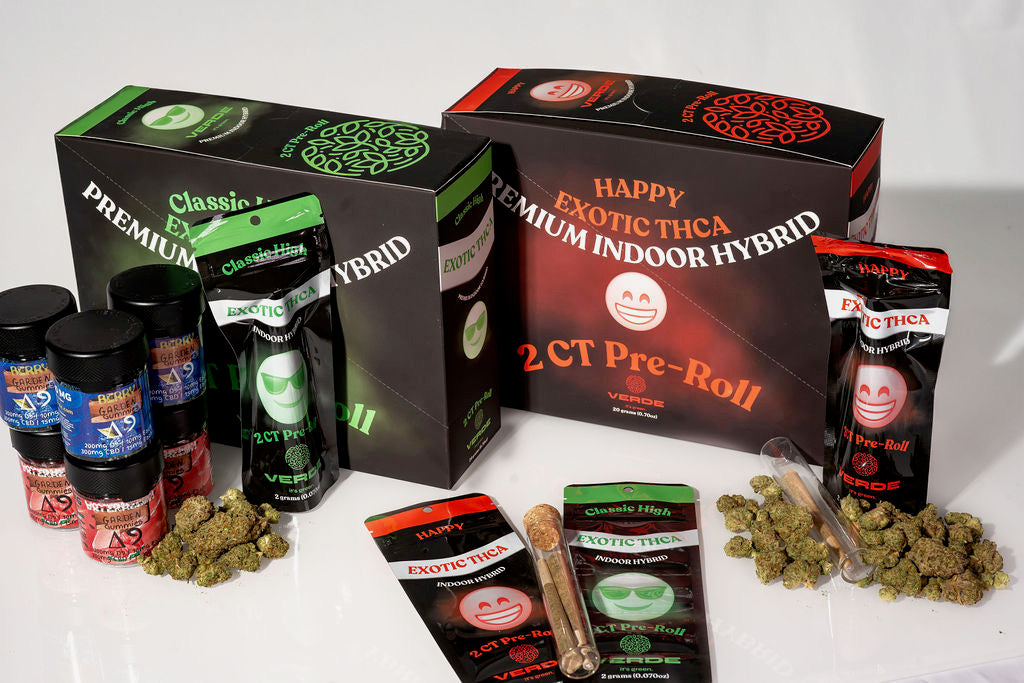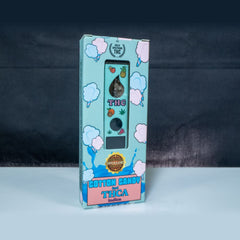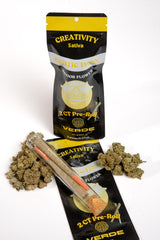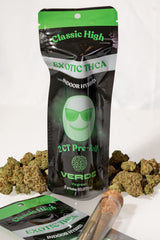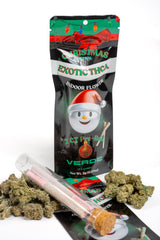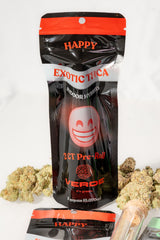
What is Hemp? A Beginner’s Guide to Its Benefits and Uses
Share
What is Hemp? A Beginner’s Guide to Its Benefits and Uses
Hemp has been cultivated for thousands of years and is one of the most versatile plants on the planet. From textiles to wellness products, hemp plays a significant role in multiple industries. But what exactly is hemp, and why has it gained so much popularity in recent years? In this beginners guide, we’ll explore what hemp is, its benefits, and its many uses.
What is Hemp?
Hemp (Cannabis sativa) is a plant from the same family as marijuana, but it has a key differences is its THC (tetrahydrocannabinol) content is extremely low. THC is the psychoactive compound responsible for the high associated with marijuana. In contrast, hemp contains less than 0.3% THC, making it non-intoxicating.
Hemp is known for its fast-growing nature, making it an eco-friendly and sustainable crop. It can be used for various purposes, from health and wellness to industrial applications.
Health & Wellness Benefits of Hemp
Hemp is packed with beneficial compounds, including cannabinoids (such as CBD), essential fatty acids, and proteins. Here are some of the main health benefits:
1. Supports Overall Wellness
Hemp-derived CBD (cannabidiol) is widely known for its potential to promote relaxation, reduce stress, and improve sleep quality. Many people use hemp-derived products to support their overall well-being.
2. Rich in Nutrients
Hemp seeds are highly nutritious, containing a perfect balance of omega-3 and omega-6 fatty acids, protein, and essential vitamins. They contribute to heart health, brain function, and overall vitality.
3. Skin and Hair Benefits
Hemp oil is a common ingredient in skincare and haircare products. Its moisturizing and anti-inflammatory properties help with conditions such as dryness, acne, and irritation.
Common Uses of Hemp
Hemps versatility allows it to be used in a wide range of industries. Here are some of the most popular applications:
1. Textiles and Clothing
Hemp fibers are strong, durable, and breathable, making them an excellent material for eco-friendly clothing and fabrics. Unlike cotton, hemp requires less water and fewer pesticides to grow.
2. Hemp-Based Foods
Hemp seeds, hemp milk, and hemp protein powder are growing in popularity due to their high nutritional value. These foods are an excellent source of plant-based protein for vegans and vegetarians.
3. Sustainable Building Materials
Hempcrete, made from hemp hurds and lime, is a lightweight and eco-friendly alternative to concrete. It’s used in sustainable construction for insulation and structural support.
4. Paper and Bioplastics
Hemp can be used to produce biodegradable plastics and sustainable paper products, reducing reliance on tree-based paper and fossil fuel-based plastics.
Conclusion
Hemp is more than just a plant it’s a sustainable powerhouse with countless benefits for health, industry, and the environment. As research and innovation continue, hemps role in various industries is set to expand even further.
Whether you are looking for natural wellness solutions, sustainable materials, or nutritious foods, hemp is a plant worth exploring. Its versatility and eco-friendly nature make it a vital resource for the future.
